There is hardly any period in world history as romantic in its appeal as the age of Renaissance when the Portuguese ‘fidalgos’ sepearheaded the European overseas expansion and thus inaugurated the maritime era of history which is of perennial interest. If the Portuguese had not evolved the great ‘nau’ which could with stand the buffeting of the mysterious Atlantic tides and carry materials for the long, unkown and perilous voyages, the maritime discovery of the world would have been a mere dream. The Portuguese achievement is a success story which has few parallels. That they achieved what they set forth – the possession of the sources of the spice trade and its diversion to Europe is a great feat for a country of her size, population and resources. The discovery of the sea-route and the arrival of vasco-da-gama at Kappat near Calicut in May 1498 was one of the greatest events for a small but enterprising nation. It opened what Sardar Pannikar called ‘the Vasco-da-gama epoch’ of Asian history. Gama’s feat of navigation with hostile crew and sailing at the mercy of winds and storms, was the climax of a century of navigation and exploration masterminded by Prince Henry the Navigator, one of the greatest seafarers in history. The Portuguese were the first to have understood the concept of sea power and evolved a naval strategy for the effective control of the sea. The mastery of the Indian sea passed on to them when they won a victory over the Zamorin of Calicut at the battle of Cochin in 1504. since then, they dominated the sea, considered it as their own and denied free navigation to others by their own concept of the sovereignty of the sea. However, their hold on the mainland was confined to small coastal areas within the range of the guns of their ships and fortresses. Viewed from this angle, there is a peculiar interest to the story of Portuguese navigation in India. The Portuguese were the first to come and last to go and their empire in India which went through many vicissitudes lasted four and a half centuries. This long association has left a deep mark of influence. Their contribution to the knowledge of geography, nautical science, cartography, naval equipments, naval warfare shipbuilding, Oceanic trade, art and architecture etc were truly immense. The Portuguese language opened the doors of the west and with it brought about a blending of Indian and Portuguese cultures. The various threads of history of our land, interwined with those of Portugal, have produced this beautiful mosaic which is Goa of today.
History of The Portuguese Navigation in India 1497-1600
Out of stock
Out of stock
Free & Quick Delivery Worldwide
Bibliographic information
Title
History of The Portuguese Navigation in India 1497-1600
Author
Edition
1st ed.
Publisher
ISBN
8170990467
Length
xiv+352p., Figures; Notes; References; Bibliography; Index; 22cm.
Subjects

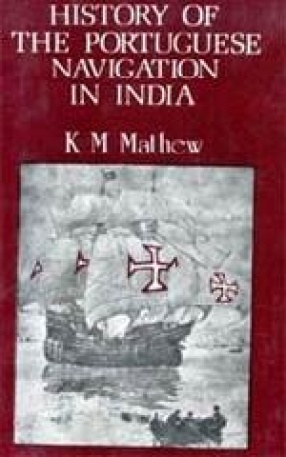
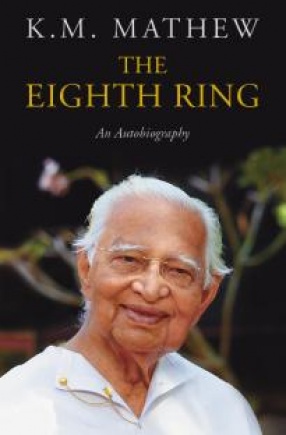

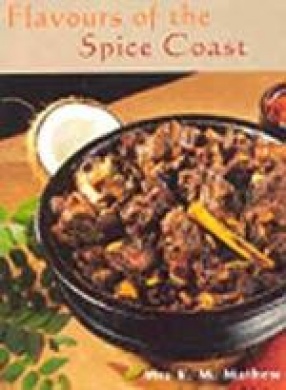
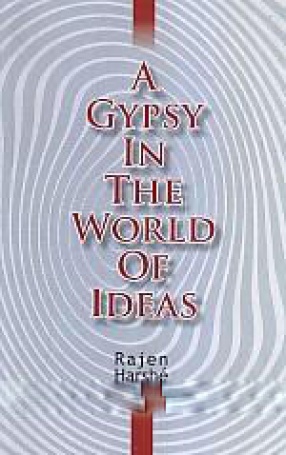
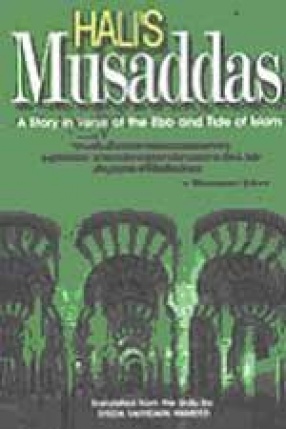
There are no reviews yet.